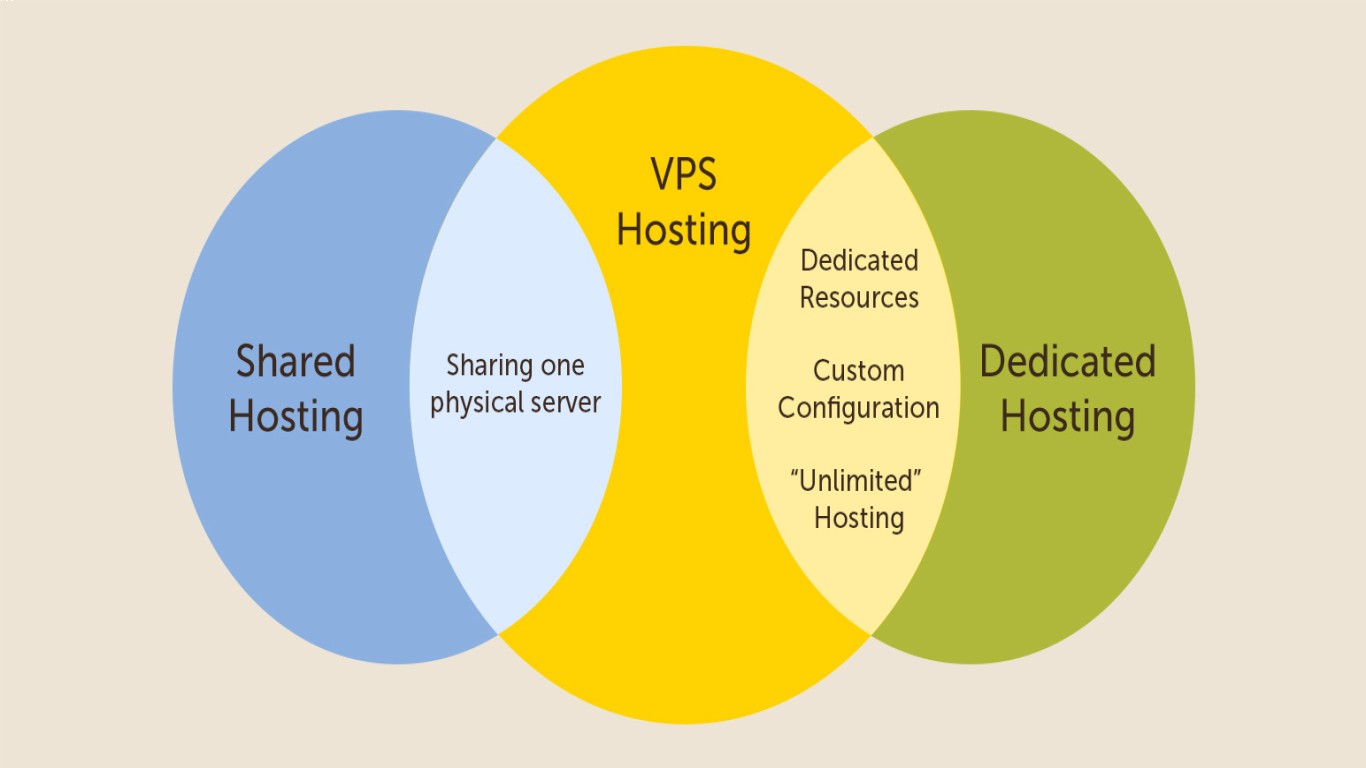VPS vs Dedicated Server Key Differences Explained
VPS vs Dedicated Server: Key Differences Explained
When it comes to hosting your applications, websites, or online services, choosing the right server environment is crucial. You might have come across terms like VPS (Virtual Private Server) and Dedicated Server, but figuring out which one suits your needs can be a bit confusing. Let’s dive into a comprehensive comparison of VPS and Dedicated Servers to clear up the fog!
1. Understanding the Basics
What is VPS?
A Virtual Private Server is like renting an apartment in a big building. You share the building with others, but you have your own private space. In terms of servers, this means you share a physical server with other clients, but you have your own allocated resources and operating system—thanks to virtualization technology. This makes VPS affordable and efficient.
What is a Dedicated Server?
On the flip side, renting a Dedicated Server is like owning an entire house. You have the whole place to yourself, with no neighbors to crank up the noise. Simply put, you lease an entire server solely for your use. It promises maximum power, flexibility, and control but at a higher cost.
2. Performance and Resources
VPS Performance
Since you’re sharing resources on a VPS, performance can be affected by what others are doing on the same physical server. However, modern VPS providers use excellent resource management techniques to minimize this impact. They allocate dedicated CPU, RAM, and disk space, ensuring reliable performance for most applications.
Dedicated Server Performance
With dedicated resources, you’re guaranteed the full power of the hardware. This is key for high-performance applications, large databases, or heavy traffic websites. No sharing means no competition for bandwidth, processing power, or memory, resulting in unmatched performance.
3. Cost Considerations
Cost of VPS
VPS is generally more budget-friendly. It's ideal for startups, small to medium businesses, or projects that need dedicated resources without breaking the bank. The scalability of VPS also allows you to upgrade or downgrade resources as needed without significant upfront investment.
Cost of Dedicated Servers
Dedicate Servers come with a higher cost, reflective of the exclusive resources you get. It’s a long-term investment, usually suited for established businesses with the necessary budget and need for top-tier performance and customization.
4. Security Aspects
Security in VPS
VPS environments are inherently secure, using software-defined isolation from other clients cohabiting the same physical server. Providers usually implement additional security measures such as regular updates and patches. However, your exposure to risk is slightly higher than with a dedicated server, due to the shared nature of the infrastructure.
Security in Dedicated Servers
By having your own server, you eliminate the shared environment risk. It’s easier to implement highly customized security measures—ideal for businesses that handle sensitive information. You have full control over the security protocols, albeit requiring more management effort.
5. Scalability and Flexibility
Scalability with VPS
VPS offers flexible upgrading options. As your business grows, you can easily scale your resources up without the hassle of physical hardware replacements. This enables businesses to adapt swiftly to changes in demand.
Scalability with Dedicated Servers
Though scalable, dedicated servers potentially require more effort and cost to upgrade compared to VPS. You might need to add more hardware or even migrate to another machine, which can take more time and resources.
Conclusion
Navigating the choice between VPS and Dedicated Servers centers on your specific needs, both current and future. VPS provides an economically sound, scalable solution perfect for growing businesses or those just starting, while Dedicated Servers deliver top-notch performance, control, and security for those requiring the utmost from their hosting environment.
FAQs
1. Can I switch from a VPS to a Dedicated Server later?
Yes, many hosting providers offer migration services to transfer your data from a VPS to a Dedicated Server seamlessly.
2. What about the operational overhead?
VPS requires less management effort since the provider handles the server maintenance. Conversely, dedicated servers give you full control but also necessitate more technical involvement.
3. Is a VPS suitable for e-commerce platforms?
Indeed, VPS can handle small to medium-sized e-commerce platforms efficiently. For large-scale operations or high-traffic stores, a dedicated server may be preferable to ensure flawless performance.
4. How does virtualization in VPS work?
Virtualization technology partitions a single physical server into multiple virtual servers, each acting as its own dedicated environment. This setup allows multiple users to share a single physical server effectively.
5. Are there managed services for both VPS and Dedicated Servers?
Absolutely. Many providers offer managed services for both VPS and Dedicated Servers, where they take care of maintenance, security updates, and technical support for you.
Choosing between a VPS and a Dedicated Server depends on your individual requirements. Balancing factors like budget, performance, security needs, and future scalability is vital in making the best decision for your hosting solution.
#vps #dedicatedserver #keydifferences #servercomparison #hostingchoices
